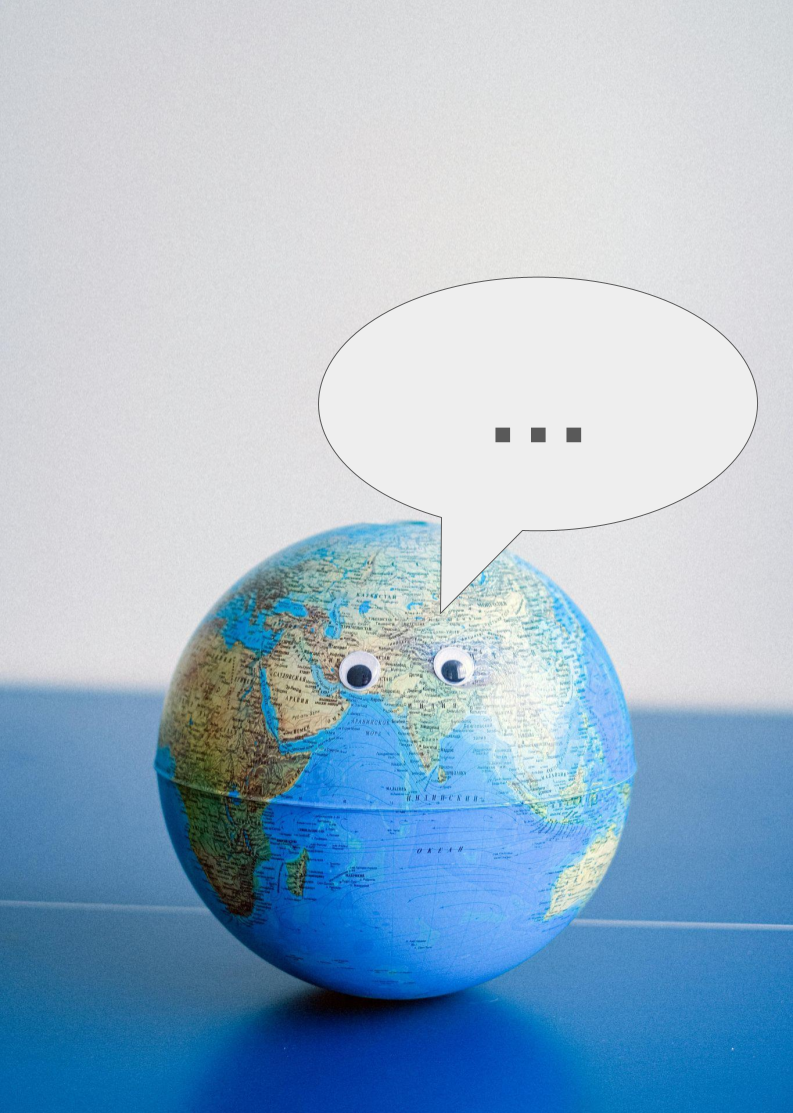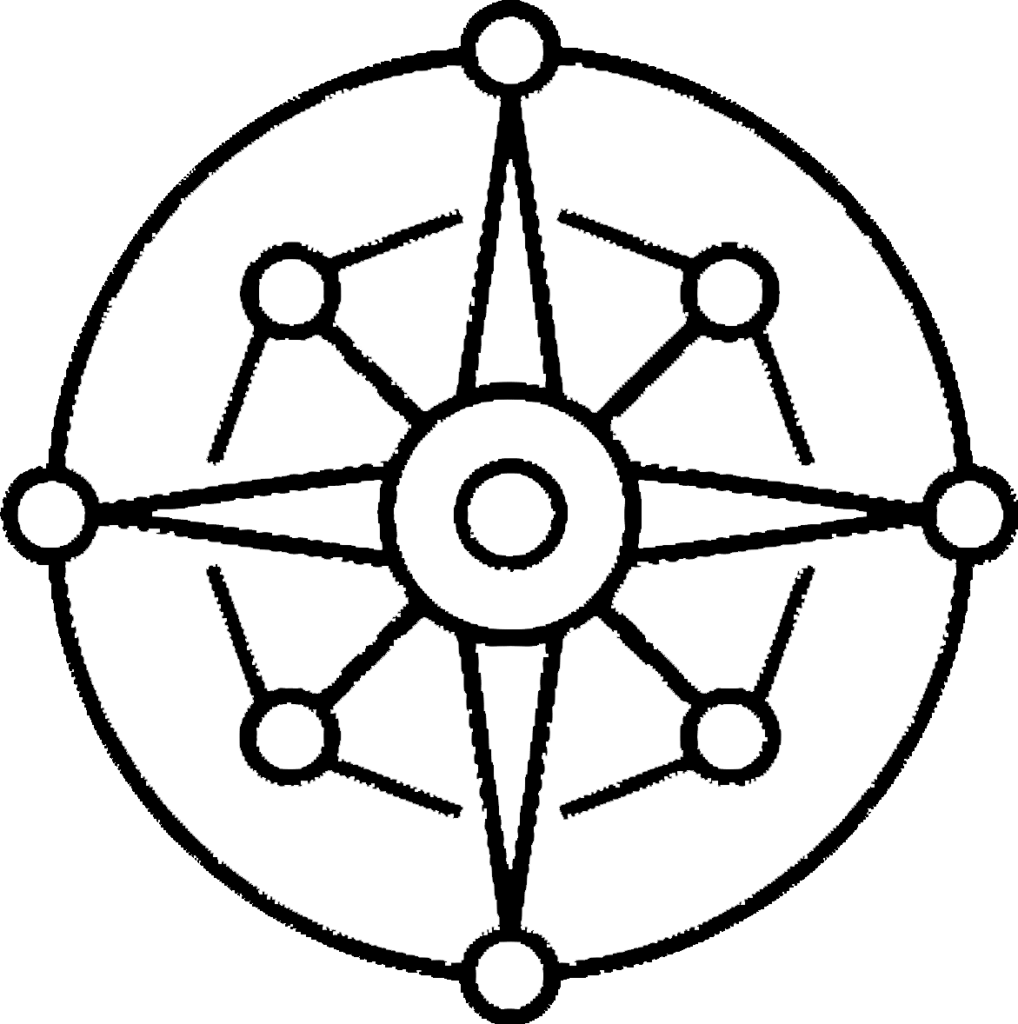Can we model cognition through representation, rather than computation? How is information represented in language and the real world?
Are you interested to participate in this project? You can donate here!

Modeling cognition through representation, not computation
About the project
Cognitive modeling is the science of developing a model and simulating cognitive processes including decision making, problem-solving, learning, memory, etc. Computational cognitive modeling considers cognitive processes as complex functions applied on inputs, producing outputs. The modeling involves simulating these processes in forms of different low-level to high-level computational models, depending on the nature and granularity of the process.
In this project, we propose a new cognitive modeling framework with the hypothesis that every complex computational cognitive model can be simplified into a consequent series of mental states either naturally following up each other or simple atomic decision making mental function being intervened. We call this framework, representational cognitive modeling because it focuses on the representation of the states rather than the complex computation applied on the inputs.
Cognitive modeling has been applied in various application domains in cognitive science and neuroscience, some of which including education, medicine, human-computer interface, etc. For instance, using cognitive modeling, scientists would be able to understand the internals of cognitive processes, adapt human-computer interfaces to users’ cognitive abilities, personalize learning environments, diagnose and detect cognitive impairments, etc.
As said before, the proposed representational cognitive modeling framework focuses on the representation of the cognitive states, rather than the computations of the brain. Some of the main questions being studied in this research include: How does the content of a mental state define the next follow up state? What makes us decide our next mental state? What makes us accept/commit to our mental state or just ignore it? Are the mental states discrete or continuous? Is there a direct mapping from the mental state to brain imaging outputs such as EEG or fMRI images?
One of the potential applications of the proposed RCM framework is the study and development of human languages in the semantic or pragmatic layer. What do we really mean by writing or uttering a sentence? Is there a unified representation of the meaning of the sentences across languages? What are the atomic ingredients of meaning in all utterances and texts?
Another potential useful application of RCM is the study of distraction. In cognitive behavioral studies, participants are asked to annotate certain inputs or perform several tasks, while their brain and/or cognitive behavior is being imaged and analyzed. One of the biggest challenges of these studies is the participants’ distraction as they are unintentionally involved in cognitive processes other than the target cognitive task being studied. Performing these unwanted cognitive processes forces the scientists to ignore significant amounts of data collected hopefully if they are detected. Using RCM, scientists would be able to detect, prevent and recover distractions of the participants in cognitive behavioral study experiments.
Some of the benefits of representational over existing computational cognitive modeling include:
- By simplifying cognitive processes into two atomic follow up and decision making functions, complex computations of the brain can be explained using a united framework which was not practical using computational frameworks.
- In RCM, the information guiding the computation is inherent in the representation, and no prior knowledge of an algorithm is required to follow the computation in the cognitive process, which is more brain-plausible.
- The representations in the RCM better map with the imaging techniques such as EEG or fMRI. It is difficult to extract information regarding computation from the imaging techniques while the information is more clearly and easily mappable to representations of the mental states.

The bigger picture!
This project is part of a bigger project: an AI-generated global human language.
By providing the representational cognitive modeling framework, we will be developing a new ontological language that can represent the semantic and pragmatic levels of the language.
Using this ontological language, in the global human language project, we would be able to optimize the semantic and pragmatic levels of the generated language, along with the other previous levels.
Want to learn more?
